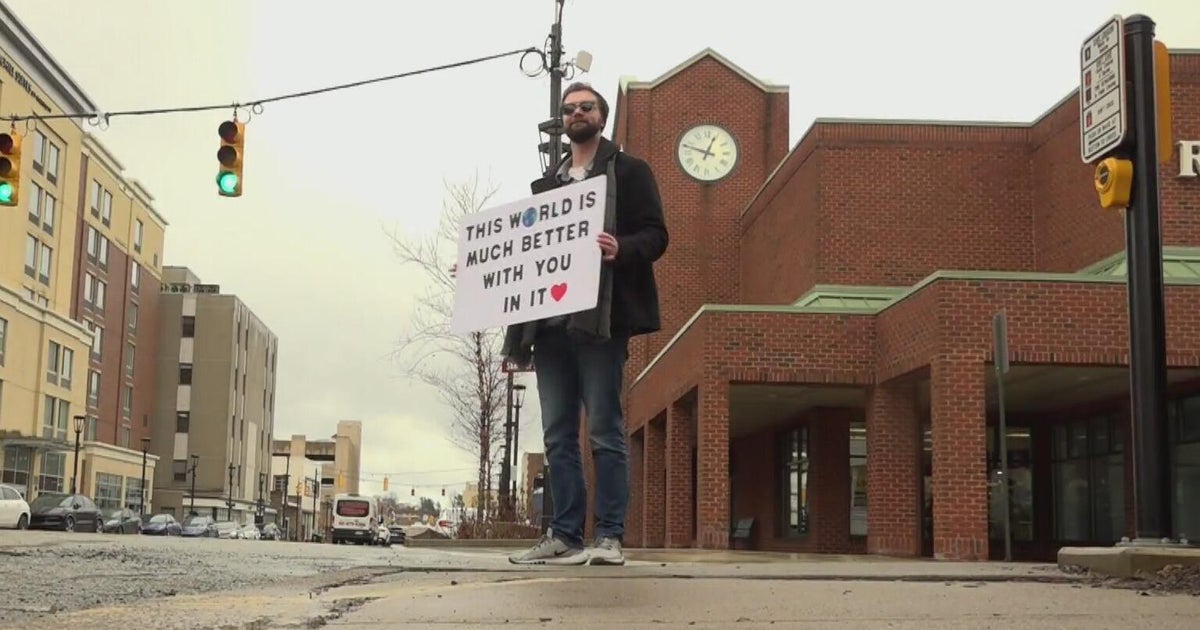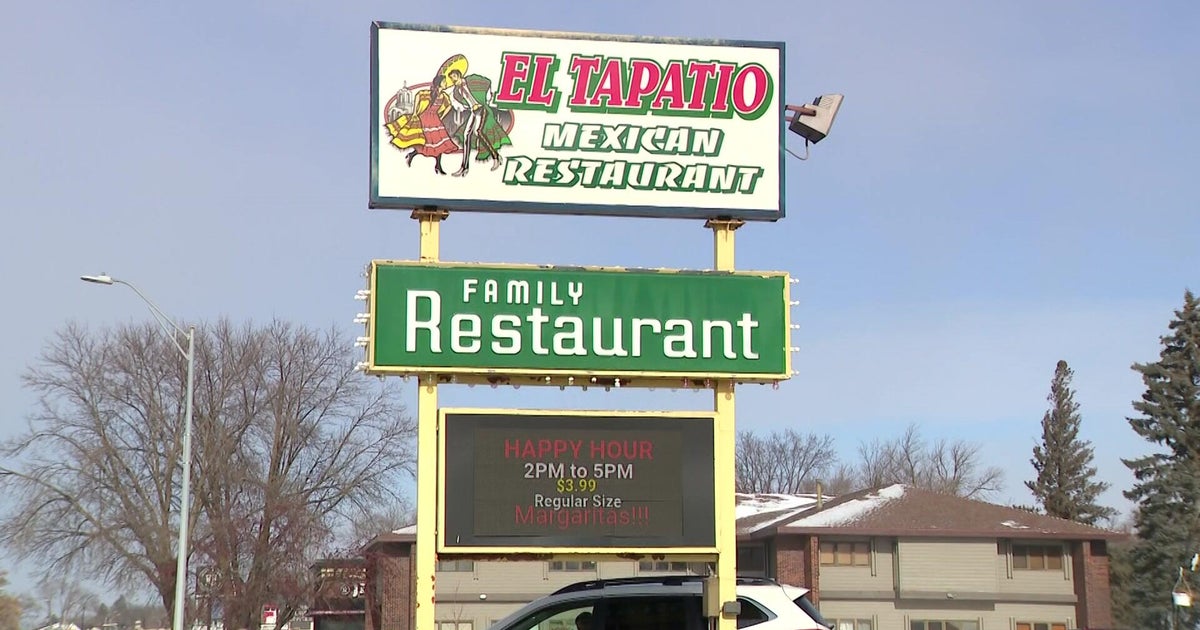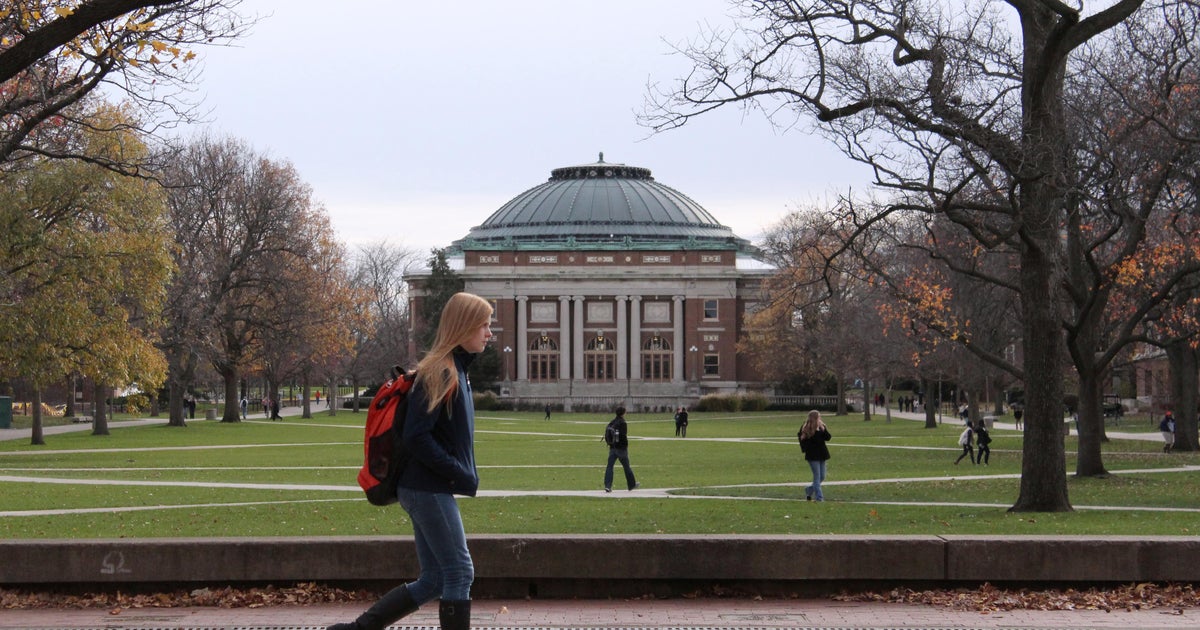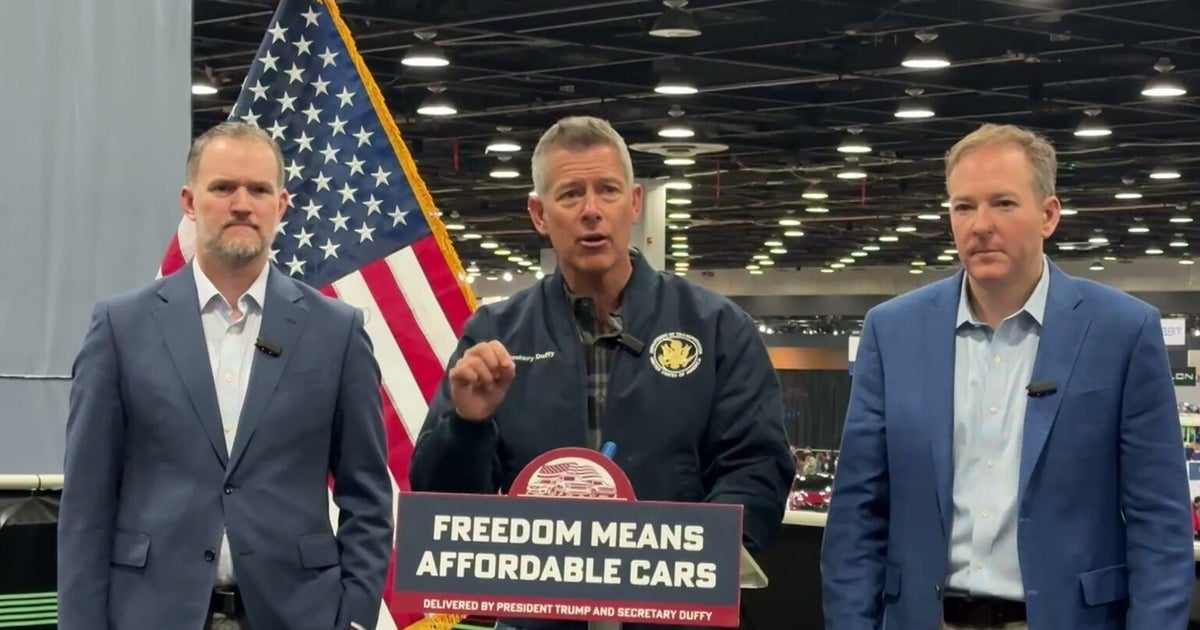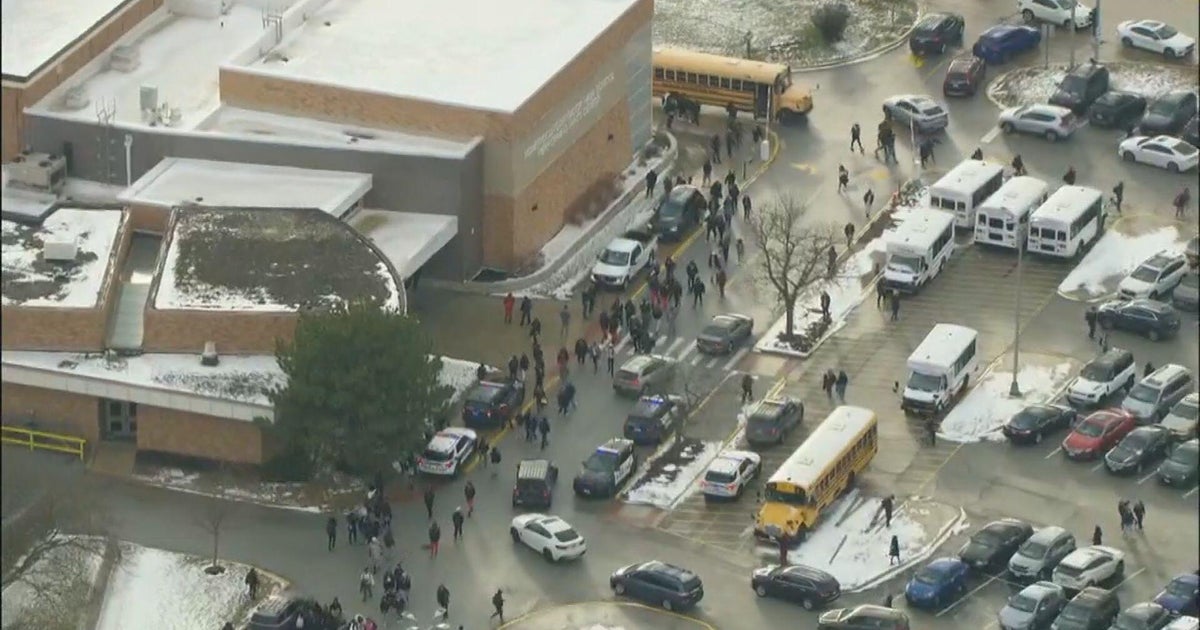Long Island residents continue to turn to food banks for help as food insecurity spreads
GREAT NECK, N.Y. -- Friday was National Food Bank Day, kicking off a month of raising awareness about food insecurity.
CBS2's Jennifer McLogan spoke with Long Island residents who say now, living paycheck-to-paycheck is even more difficult.
Identical twins Martha Curtis and Mary Corley retired from sales and banking professions in Great Neck.
"Food is just steadily going up. We're really struggling," one said.
"It's hard to survive," the other said.
As inflation continues, food insecurity spreads.
Long Island Cares Food Bank is trying to manage a summer spike in families turning to food pantries.
"We are seeing an increase of about 67% in the number of local residents that are coming to the food bank for emergency food assistance," said Paule Pachter, with Long Island Cares.
Northwell Health retiree Reginald Taylor now relies on the food pantry, priced out of the grocery store.
"I was just looking at the prices -- $10.99 a pound, $9.99 a pound. I mean, how do people live?" he said.
Contributing to the problem, farmers' fresh produce took a hit in Long Island's drought, and there are supply chain issues and ordering delays.
The food crisis is affecting families from all socioeconomic backgrounds.
So far, 90 children in North Babylon school district are being quietly and privately helped from the school's "Caring Closet."
"We don't want anybody to be embarrassed by it. We don't ask questions. Kids can come down, fill their backpacks with food and go home," said Kimberly Skillen, deputy superintendent of North Babylon schools.
Administrators help fill the need, preserving the child's dignity.
At the Harry Chapin Lakeside Theatre in Eisenhower Park, they are preparing for Tuesday's annual concert honoring the life of the humanitarian and his personal goals to wipe out hunger.
"We'd like you to come to the concert and bring a can of food, a package of food, something that's not perishable," Nassau County Exec. Bruce Blakeman said.
Despite the increase in need, food pantry leaders say the willingness to give and donate is also on the rise.

